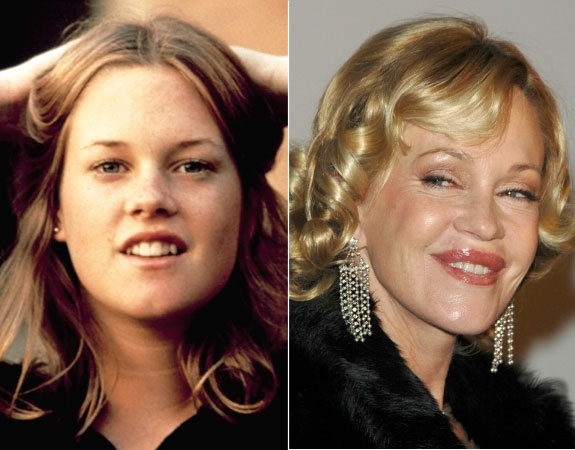
Jason Bateman’s directorial debut is bracingly cynical and consistently funny. Bateman stars as a jerk who has found the loophole that allows him to enter and win kids’ spelling bees, making it all the way to the nationally televised (on PBS) Golden Quill finals. On the way, he torments the journalist covering/funding his story (Kathryn Hahn), the competition director (Allison Janney), its founder (Phillip Baker Hall) and various parents, but he also befriends a young competitor (the wide-eyed and charming Rohan Chand). At just under 90 minutes, it never nears wearing out its welcome, and Bateman’s hand is steady. There are a few flat notes. Rachael Harris reprises her role from The Hangover as another repressed, psychotic type, and again, her performance is too much (as is her comeuppance). Bateman’s engagement with his child’s competitors is brutally funny, but his treatment of one girl, while a testament to his commitment, is perhaps too painful to endure. These, however, are minor problems. Bateman has depth beyond being a mere crank, and Chand’s insouciance blends perfectly with his deadpan amorality.





